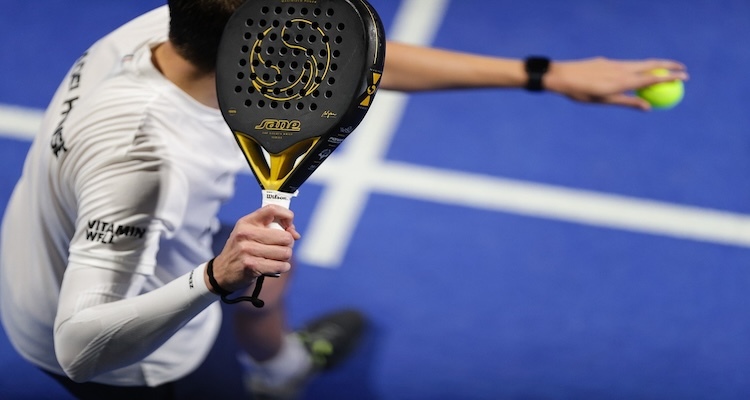
Padel tennis is a racquet sport that combines elements of tennis and squash and is played on an enclosed court about a third of the size of a tennis court. The fitness demands of padel tennis involve a mix of physical and mental aspects and we turn to explore these in detail.
Here are some key fitness demands of padel tennis:
To excel in padel tennis, players typically engage in a well-rounded training program that includes cardiovascular conditioning, agility drills, strength training, flexibility exercises, and mental preparation.
Working with a fitness trainer can provide numerous benefits to a padel tennis player, helping them enhance their overall performance and well-being on the court. Here are several ways a fitness trainer can assist a padel tennis player:
Overall, a fitness trainer can play a crucial role in elevating a padel tennis player's game by providing personalized guidance, addressing weaknesses, and optimizing physical and mental conditioning for peak performance on the court.
It is always best to speak with an expert to get the best fitness advice so search our directory of sport performance specialists to find a fitness trainer to work with.
